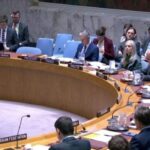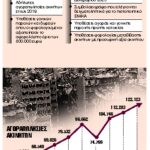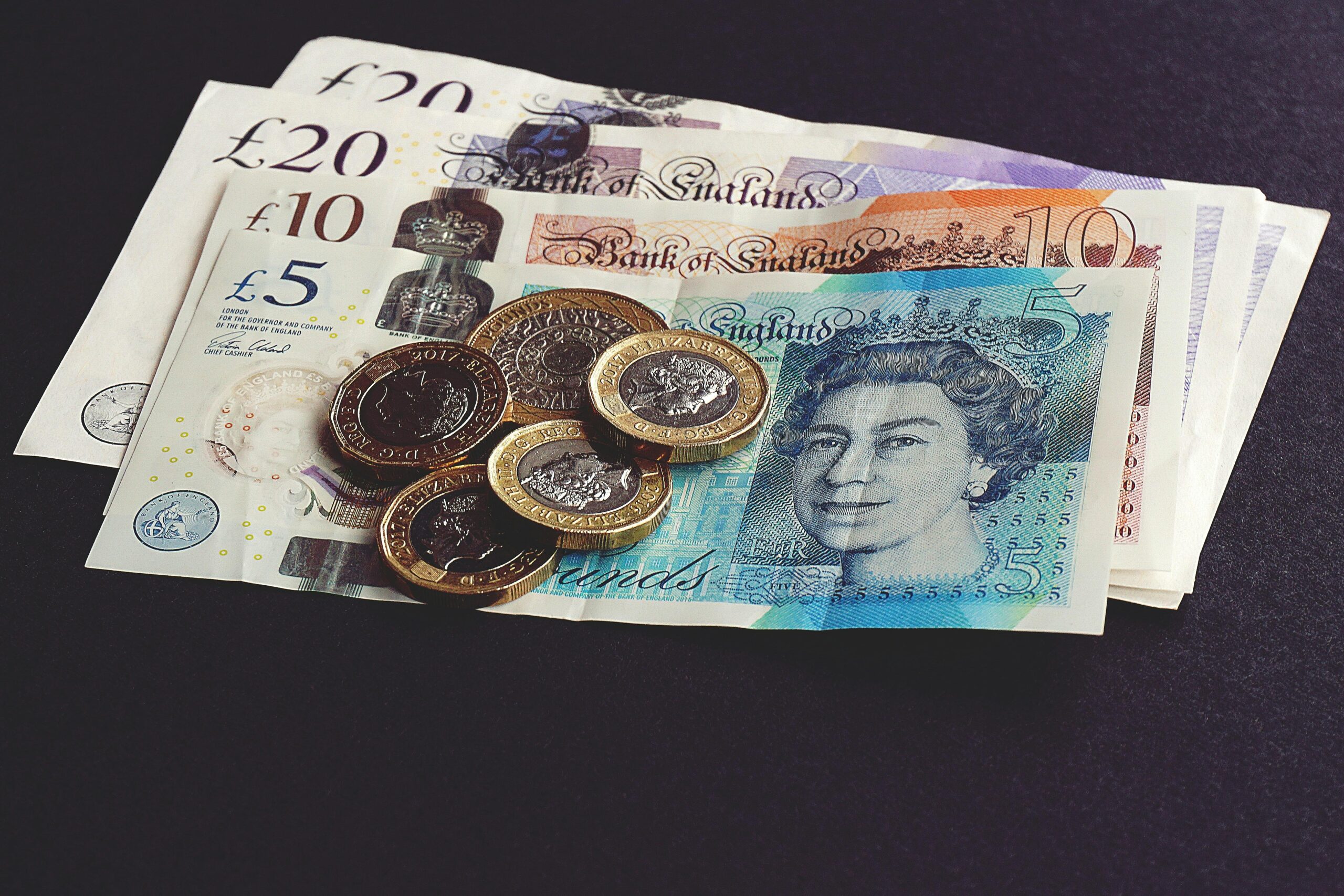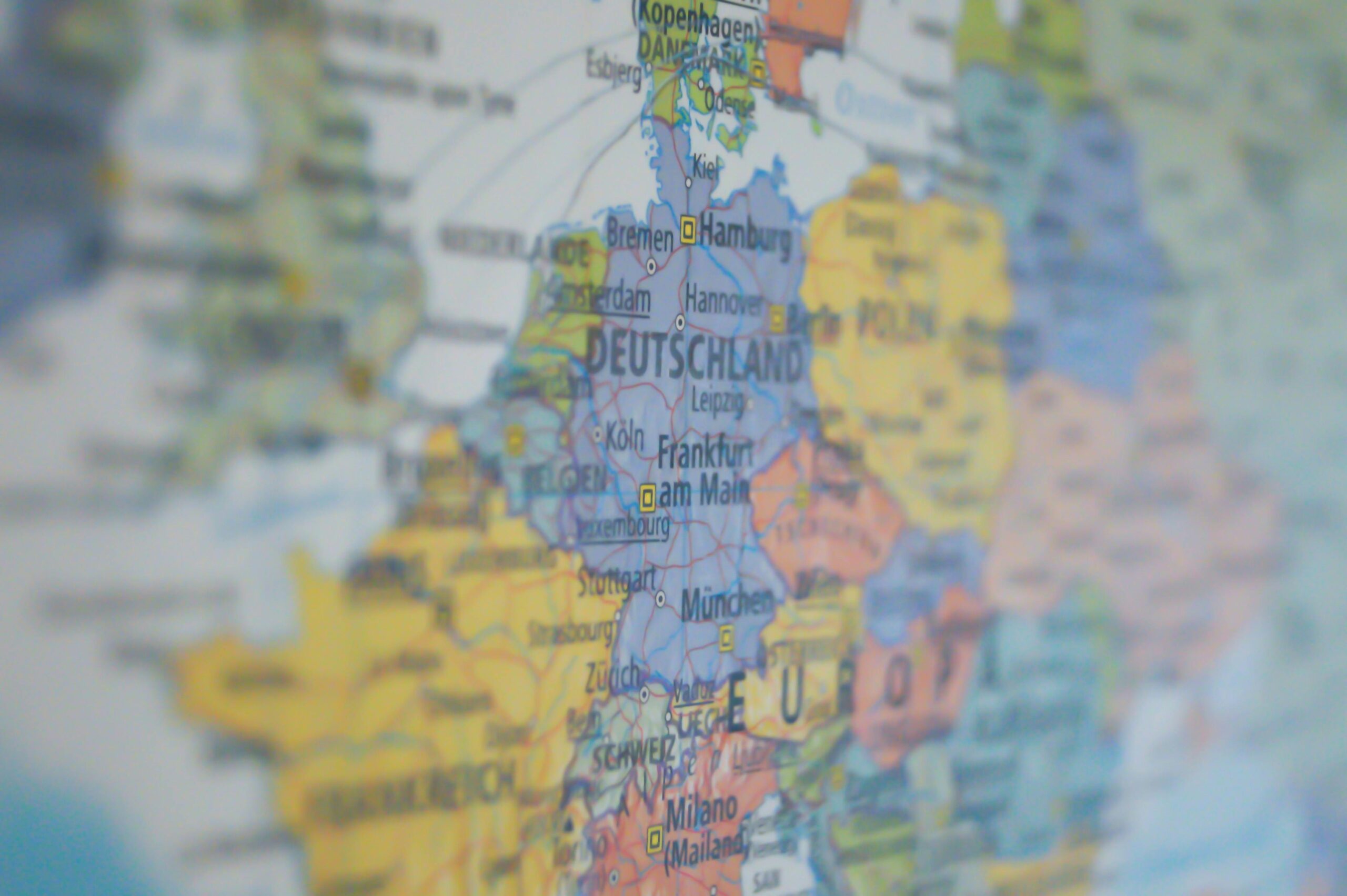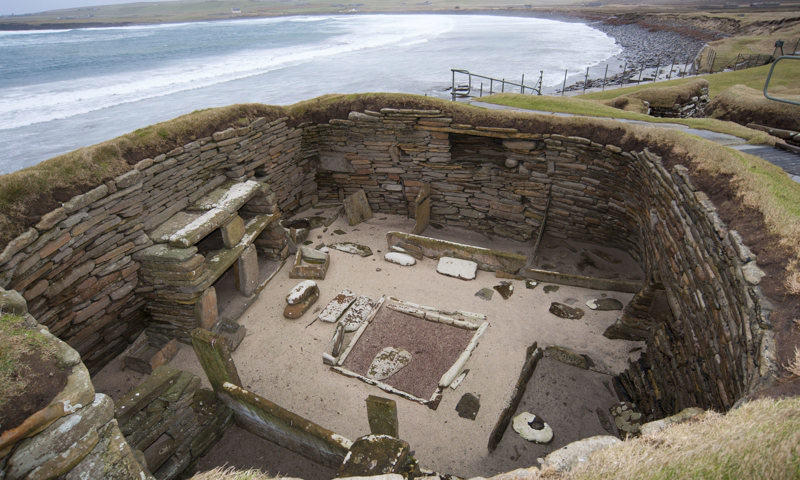Money laundering is the process by which “money launderers” seek to legitimize the proceeds of crime, illegal acts and their circulation in the financial system. Money laundering is a widespread, increasingly international phenomenon, carried out with sophisticated forms and schemes. It is currently estimated that the amount of money laundered internationally ranges from $ 500 trillion to $ 1 trillion, with devastating effects on the global economy, especially in weak and emerging economies.
The Money Laundering process follows three main steps:
Place Placement: The first phase of the money laundering process is the “most delicate” one, this is when banks and supervisory authorities pay more attention and are vigilant in identifying and tracking the source of income. Funds of illicit origin are often fragmented to enter the financial cycle of the economy. To this end, persons (representatives of these activities) who report to the authorities or the banks are human in their history without criminal precedent.
These people are especially well-versed with “reliable” information to answer questions about the origin of money, investment plans, etc. They are provided with documents to “prove” the correctness of the information provided.
L Layering:The second stage is called illegal fund layout. The purpose is to blur the revenue origins, losing track of illicit money through the conduct of complex transactions.
Integrate Integration:
In the integration phase, when money begins to integrate, circulate in the economic cycle, it looks like the source of funds and all transactions are legal (such as stock trading, real estate, renting, etc.). When this process is successful, widely accepted as “legal”, a country’s economy is damaged, and economic stability can be affected.
Through funds of illegal origin, organized crime can acquire financially weak enterprises/businesses (in various sectors) and enter into competition with other operators in the market. Accepting this money in the economic and financial system is capable of influencing competition in their favor, even eliminating it. This creates monopolies, such as in Central and Eastern Europe, of which Albania is also a part.
Along with the circulation of illegal money goes the activity of corruption and bribery compromising the authority and government of a country. This activity leads to distortion of a country’s market, economic and financial environment.
- The Impact of Money Laundering on Economic Development Individuals or companies that generate their source of income from illegal acts are continually looking for new ways and ways to make money and to launder them. Mostly countries with weak economies and ineffective mechanisms for PPP and FT become attractive and easily vulnerable to this phenomenon.
The economy of a country with a perceived impact of organized crime has a devastating effect on foreign investment.
The fight against money laundering is part of creating a business-friendly environment and serves as a precondition for economic growth and sustainability.

- The situation in Albania Regarding the Prevention of Money Laundering Moneyval’s reports are an essential resource demonstrating the level of compliance of jurisdiction with the standards and measures taken to prevent money laundering and terrorist financing. These reports are widely used by foreign countries or businesses to assess the country’s risk and legal compliance for PPP and FT measures. A negative report can have detrimental economic effects.
Money val estimates that the Albanian authorities come to understand the risk of money laundering in the country’s formal economy, according to this authority, Albania has mechanisms for coordination, policy-making and addressing risks. Still, there is insufficient evidence that these mechanisms are fully capable. So far, the measures are taken
against the offenders are not concrete and applicable, such as confiscation of funds, prosecution for money laundering, etc.
According to the information published on the Know, Your Country Rating website for risk recognition of PPP and FT countries, the table below lists some of the Balkan and Central European countries that are exposed to this phenomenon.
Albania ranks 136 out of 245 countries part of the study.
